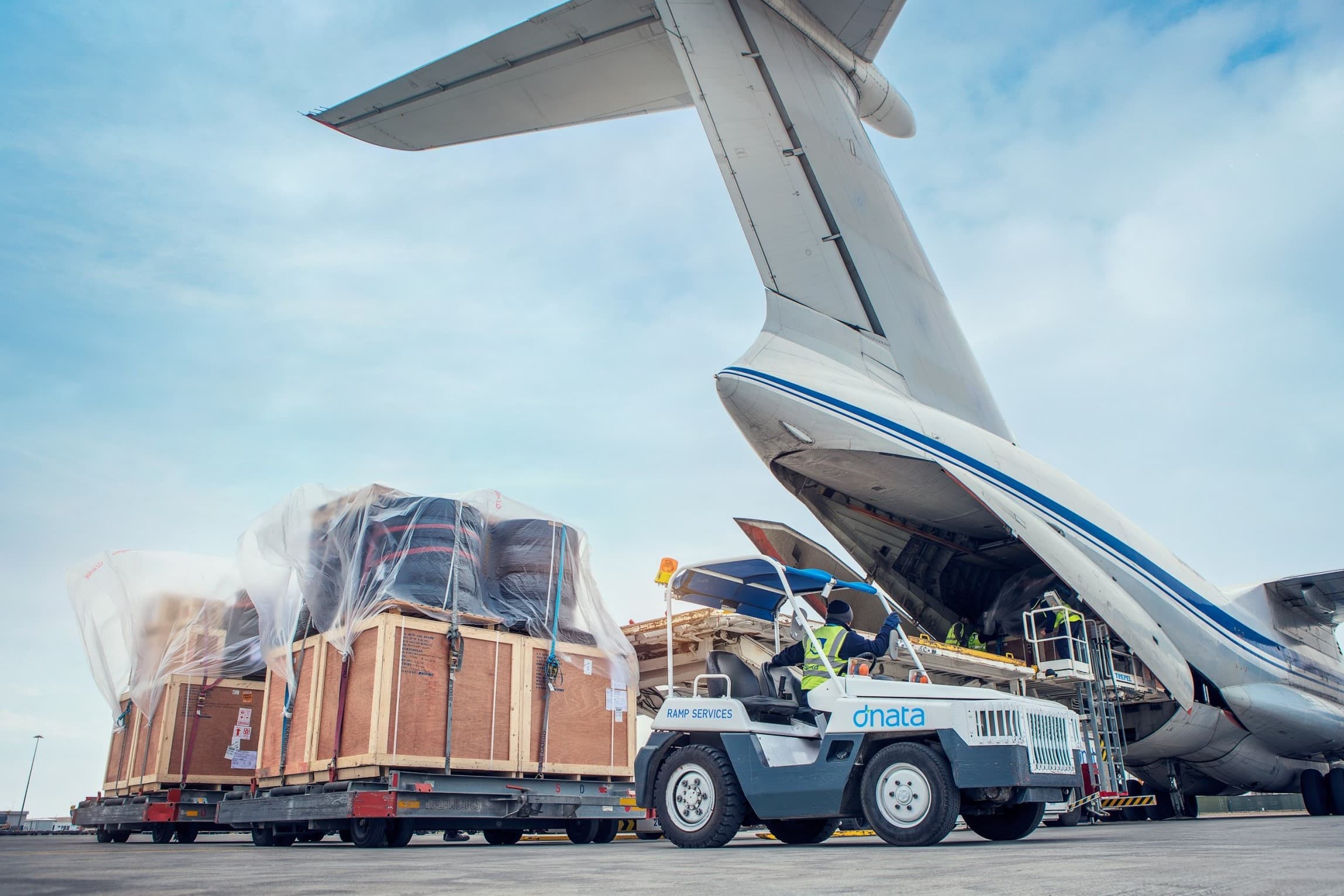
Cargo handling is a crucial part of global trade, ensuring goods move smoothly from one place to another. But what exactly goes on behind the scenes? Ever wondered how your favorite products travel across oceans and continents to reach store shelves? From the moment a shipment leaves the factory to its arrival at your doorstep, a complex process unfolds. Understanding cargo handling can shed light on the logistics that keep the world connected. Whether it's loading massive containers onto ships or managing delicate items with care, each step involves precision and expertise. Dive into these 14 fascinating facts about cargo handling and discover the intricate dance that keeps global commerce ticking.
Key Takeaways:
- Cargo handling has a rich history dating back to ancient civilizations, shaping the modern techniques we use today for efficient and safe transportation of goods.
- From technological advancements like containerization and RFID tracking to environmental and economic significance, cargo handling plays a vital role in global trade and faces challenges like weather disruptions and security threats.
The Importance of Cargo Handling
Cargo handling is a crucial part of the logistics and transportation industry. It involves the movement, loading, and unloading of goods from one place to another. Here are some fascinating facts about cargo handling that highlight its significance.
-
Cargo handling dates back to ancient times. Ancient civilizations like the Egyptians and Greeks used manual labor and simple machines to move goods. This laid the foundation for modern cargo handling techniques.
-
The term "cargo" originates from the Spanish word "cargar." "Cargar" means "to load," reflecting the primary function of cargo handling.
Modern Cargo Handling Techniques
With technological advancements, cargo handling has evolved significantly. Modern techniques ensure efficiency and safety in the transportation of goods.
-
Containerization revolutionized cargo handling. Introduced in the 1950s, containerization involves using standardized containers to transport goods. This method drastically reduces loading and unloading times.
-
Automated systems are becoming more common. Ports and warehouses now use automated cranes and robotic systems to handle cargo, increasing speed and reducing human error.
-
RFID technology tracks cargo in real-time. Radio-frequency identification (RFID) tags help monitor the location and condition of cargo, ensuring it reaches its destination safely.
Safety Measures in Cargo Handling
Safety is paramount in cargo handling to prevent accidents and damage to goods. Various measures are in place to ensure the well-being of workers and the integrity of cargo.
-
Proper training is essential for cargo handlers. Workers receive training on handling techniques, equipment operation, and safety protocols to minimize risks.
-
Personal protective equipment (PPE) is mandatory. Cargo handlers must wear PPE like gloves, helmets, and safety shoes to protect themselves from injuries.
-
Regular equipment maintenance prevents accidents. Routine checks and maintenance of cranes, forklifts, and other machinery ensure they function correctly and safely.
Environmental Impact of Cargo Handling
Cargo handling also has an environmental aspect. Efforts are being made to reduce its ecological footprint.
-
Green ports aim to minimize environmental impact. Ports worldwide are adopting eco-friendly practices like using electric cranes and reducing emissions from ships.
-
Sustainable packaging reduces waste. Using recyclable and biodegradable materials for packaging helps decrease the environmental impact of cargo handling.
Economic Significance of Cargo Handling
Cargo handling plays a vital role in the global economy. Efficient handling ensures the smooth flow of goods, which is essential for trade and commerce.
-
Ports are economic hubs. Major ports generate significant revenue and provide employment opportunities, boosting local economies.
-
Efficient cargo handling reduces costs. Faster loading and unloading times lower transportation costs, benefiting businesses and consumers.
Challenges in Cargo Handling
Despite advancements, cargo handling faces several challenges that need addressing to ensure continued efficiency and safety.
-
Weather conditions can disrupt operations. Extreme weather like storms and heavy rain can halt cargo handling activities, causing delays.
-
Security threats are a concern. Ensuring the security of cargo from theft and tampering is a constant challenge, requiring robust measures and vigilance.
Final Thoughts on Cargo Handling
Cargo handling is a fascinating world full of intricate processes and technological advancements. From the massive cranes at ports to the automated systems in warehouses, every step ensures goods reach their destinations safely and efficiently. Understanding these 14 facts gives a glimpse into the complexity and importance of this industry. Whether it's the logistics of loading and unloading or the safety measures in place, each aspect plays a crucial role. Next time you see a cargo ship or a freight train, you'll know the incredible effort behind it. This knowledge not only broadens your perspective but also highlights the unsung heroes who keep the global supply chain moving. So, keep these facts in mind and appreciate the marvels of cargo handling.
Frequently Asked Questions
Was this page helpful?
Our commitment to delivering trustworthy and engaging content is at the heart of what we do. Each fact on our site is contributed by real users like you, bringing a wealth of diverse insights and information. To ensure the highest standards of accuracy and reliability, our dedicated editors meticulously review each submission. This process guarantees that the facts we share are not only fascinating but also credible. Trust in our commitment to quality and authenticity as you explore and learn with us.


